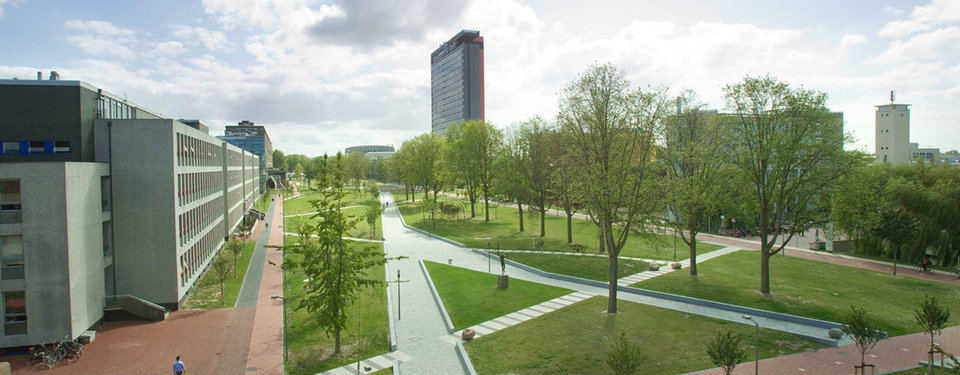MSc Marine Technology
The oceans offer unique potential and challenges for engineers. Consider that around 80% of goods are transported by sea, around 40% of the world’s population lives within 100 km of a coastline, and that the global offshore wind energy sector has expanded 30% in the past 8 years alone. How do we design ships (cargo, transport, passenger, offshore support, etc.) to efficiently carry out their work while operating in some of the harshest environments on earth? How do we adapt these ships to new, alternative sources of green fuel? How do we monitor these vessels over their lifetime to ensure they are still safe and reliable? And further consider these technical aspects also need to be applied to other novel structures, like flexible floating structures (think, solar panels!) and the complex vessels needed to install ever-growing offshore wind turbines. Marine Technology uniquely studies (technical) aspects of vessels and complex structures, giving future engineers the scientific knowledge and skills to handle challenges in design, construction, and operation of these systems.
Degree: Master of Science
Accreditation: Accredited by the NVAO
Credits: 120 ECTS, 24 months
Type: Regular study programme
Mode: Full-time
Start: September
Language: English
What you will learn
Marine Technology students develop the scientific skills to perform in-depth research and/or integrate different relevant knowledge domains into a successful complex marine system design. The programme provides a solid base for working in the maritime industry as well as in maritime research institutes or universities. Graduates are equipped to design novel, complex, and sustainable vessels adapted for the green energy transition (and further consider their construction, management, and logistics over their intended lifetime), and to focus on the technical aspects, like the details of the structure and how it weathers wave loading (how long will the structure survive at sea?), or how the system moves and responds to wave loading (is it safe and comfortable for those onboard?). They can work as maritime technical expert or as an integrator in mixed, multidisciplinary teams. The required attitude and knowledge are developed in a challenging and personally tailored master programme. Next to this, the master has an international orientation, supported by good possibilities to do a part of the second year abroad, and a strong alumni group in the maritime industry both in the Netherlands and abroad. An active study association (S.G. William Froude) provides lunch lectures, excursions to industry, and feedback opportunities with respect to educational matters.
Chat with a student
Ask questions to a student of Marine Technology.

